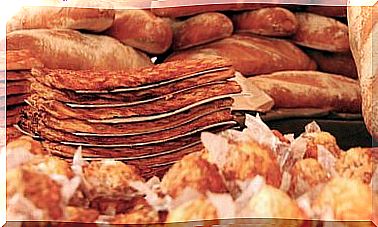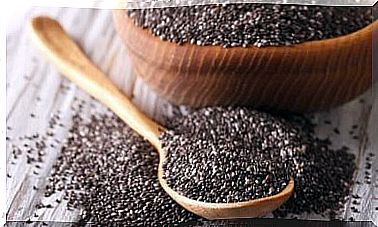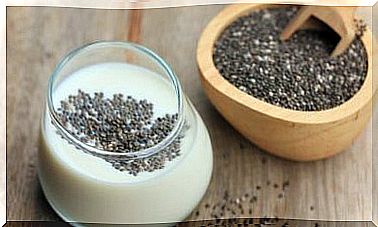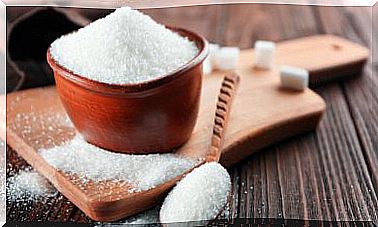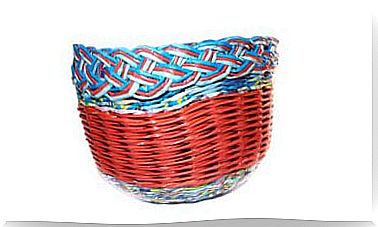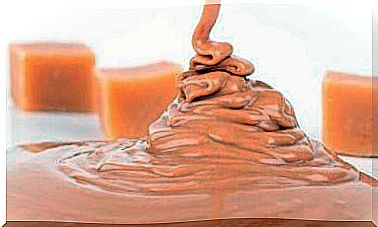Decalogue To Maintain A Healthy Digestive System
Do you worry every day about keeping your digestive system healthy? You may think that by drinking plenty of water or including foods with fiber in your nutrition you are already doing everything for your health, but … Did you know, for example, that stress and anxiety are two great enemies for a large part of the organs that form our digestive system?
According to this research shown by the National Library of Medicine of the United States , stress is a feeling of physical or emotional tension that can come from any situation or thought that makes you feel frustrated, angry or nervous.
Likewise, this cited research explains that stress is our body’s reaction to a challenge or demand. In small episodes, stress can be positive, such as when it helps you avoid danger or meet a deadline. But when stress lasts for a long time, it can harm your health.
Now that we have addressed the issue of stress a bit, along with its consequences, we want to show you in this article 10 basic tips that will help you enjoy better digestion and, above all, ensure that your body can have the nutrients you need to Have a better quality of life.
Shall we start?
Keys to keeping your digestive system healthy
1. A tablespoon of olive oil with a few drops of lemon juice in the morning
It is enough with 15 grams of extra virgin olive oil mixed with 5 grams of lemon juice. It is a simple remedy that we can follow for 4 days in a row to rest another three. In this way, we can achieve some of these benefits:
- Reduce inflammation and provide important antioxidants to our digestive system, all thanks to vitamin C.
- We purify the organism.
- We facilitate digestion and hydrate the stomach from the first moment of the day.
- It acts as a good laxative.
- Supports the health of the liver and pancreas.
- Improves mineral absorption.
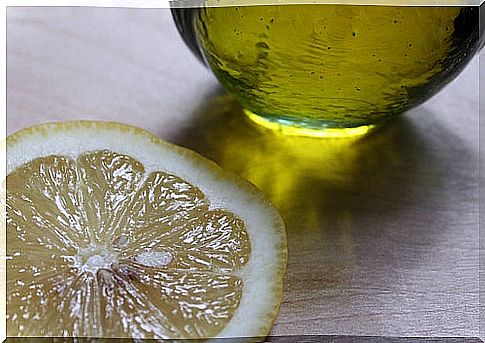
2. Limit your fat intake throughout the day
According to this study, published by the National Library of Medicine of the United States, fats are a type of nutrient obtained from the diet. Eating some fats is essential, although eating too much is also harmful.
In the same vein, the same study explains that the fats we consume give the body the energy it needs to work properly. During exercise, the body uses the calories from the carbohydrates that you have consumed; But after 20 minutes, the exercise is then dependent on calories from fat to continue.
Continuing, we can highlight that fats take a long time to be processed, not to mention that they fill us with toxins and compounds that the body does not need and that, in the long term, make us gain weight. However, it is not at all about avoiding fats but about limiting them, since our body also needs them to obtain energy and fulfill various functions.
Take note of the best sources of fat:
- Blue fish
- Turkey or chicken meat
- The avocados
- The olive oil
- The eggs
3. The best fiber for your digestive system
According to nutritionists and the WHO itself (World Health Organization), the amount of fiber that we should consume throughout the day is 30 grams. Do you also know what is the healthiest type of fiber to promote digestion? Take note:
- Soluble fiber, such as that present in oats, will help us reduce cholesterol and blood sugar levels, but it will not help you much to regulate your intestinal transit.
- Insoluble fiber, on the other hand, is the best for a healthy digestive system. This is the case of the one that they provide us, for example, wheat bran, papayas, or dried fruit.
Thanks to this type of fiber, we will better absorb nutrients, avoid constipation, purify the intestines and improve digestion.
If you want to know more about intestinal health visit: Keeping the intestine under control
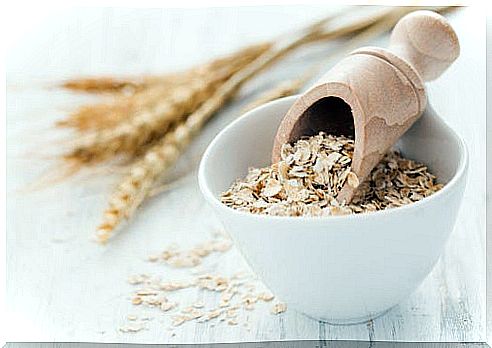
4. Always eat 5 meals a day
Some people limit themselves to having breakfast, lunch and dinner. Eating only three meals a day forces us to eat in high quantities because we always arrive at those moments very hungry: from lunch to dinner, for example, up to 7 hours can pass … How can we leave our body without so much time? Energy?
It’s a mistake. Establish your days so that you can complete 5 meals a day, so that you include the right and adequate amounts in your dishes. It will always be better to “eat small amounts many times a day” than the other way around. In this way, we avoid overloading the body and promote a healthy digestive system.
5. Avoid gas
Gases don’t do well for our digestive system: they make digestion difficult, prevent the proper circulation of fecal matter and, in addition, they inflame us. Keep these simple tips in mind to avoid gas:
- Chew slowly.
- Avoid chewing gum.
- Avoid carbonated drinks.
- Limit starch-rich foods such as cabbages or broccoli, especially late in the day.
6. Walk half an hour a day
Doing a little physical exercise helps us to improve digestion and promote intestinal transit, not to mention the great benefits it offers to your heart. Take a walk for half an hour a day! It costs you nothing and your health will appreciate it.

7. Manage your sources of anxiety and stress
Set priorities in your life so that your health and emotional well-being always come first. Find your own spaces throughout the day to rest, practice your hobbies or simply think. A balanced, happy and pressure-free life will make it easier for us to have a healthy digestive system.
8. Drink enough water
The ideal is to consume between a liter and a half and two liters of water a day . However, this study, conducted by Mayo Clinic experts, suggests that various recommendations have been established over the years. But that individual water needs depend on many factors, such as health, activity level and where the person lives.
In other words, there is no fixed formula for all people. But knowing more about your body’s fluid needs will help you figure out how much water to drink per day.
We know that sometimes it costs, that the water does not taste like anything and that it is difficult to drink when we are not thirsty. However, it is essential to enjoy good digestion and better health in general. Get in the habit of sipping small sips throughout the day.

9. Yes to probiotics
Probiotics, defined by this Mayo Clinic study as foods or supplements that contain live microorganisms intended to maintain or enhance the body’s “good” bacteria (normal microbiota).
It can also be highlighted that they are foods rich in living organisms that will help us take care of our intestines and our bacterial flora. Thanks to them, our digestion will improve and, in addition, we will strengthen our immune system.
So, do not hesitate to consume natural white yogurt, Greek yogurt or the always healthy kefir.
10. Yes to bread
There are many people who avoid consuming bread because they fear gaining weight. However, this would not happen if we chose well the type of bread to include in our diet: they should always be whole grains and whole grains, never those made with refined white flour. Do you know what is the best bread you can eat to take care of your digestive system? The rye bread. Delicious!
You know. Maintaining a balanced diet, exercising and avoiding emotional conflicts can keep your digestive system in optimal condition. Do not wait more!
